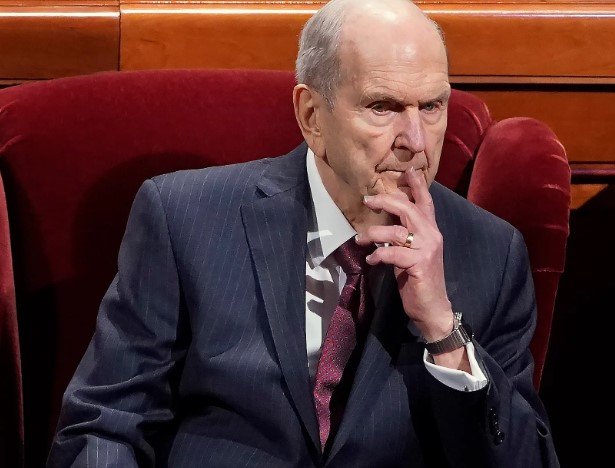In a world where kindness and empathy often seem in short supply, Elder Russell M. Nelson’s call to embrace the true essence of the Golden Rule resonates deeply. The principle of treating others as one would like to be treated is a timeless moral compass that transcends cultures and religions. Elder Nelson’s perspective highlights the importance of this rule in fostering mutual respect and understanding in our communities.
The Historical Roots of the Golden Rule
The Golden Rule, often summarized as “Do unto others as you would have them do unto you,” has ancient origins. It is a principle found in many religious and philosophical traditions, including Christianity, Judaism, Islam, Buddhism, and Hinduism. This universal maxim has been a guiding light for ethical behavior throughout history.
In ancient Egypt, the concept of reciprocity was evident in the story of “The Eloquent Peasant,” which dates back to the Middle Kingdom. Similarly, in ancient India, the Mahābhārata emphasizes the importance of not causing harm to others. These early examples illustrate the enduring relevance of the Golden Rule across different cultures and eras.

The Golden Rule’s presence in various traditions underscores its fundamental role in promoting ethical conduct. By adhering to this principle, individuals can contribute to a more harmonious and just society, where mutual respect and empathy prevail.
Modern Applications of the Golden Rule
In today’s fast-paced and often divided world, the Golden Rule remains as relevant as ever. Elder Nelson’s call to action encourages individuals to apply this principle in their daily lives, fostering a culture of kindness and respect. By treating others with the same consideration and compassion we desire for ourselves, we can build stronger, more inclusive communities.
One practical application of the Golden Rule is in conflict resolution. By approaching disagreements with empathy and understanding, individuals can find common ground and work towards mutually beneficial solutions. This approach not only resolves conflicts but also strengthens relationships and promotes a sense of unity.
Moreover, the Golden Rule can guide our interactions in the digital age. In an era where online communication often lacks the nuances of face-to-face interactions, applying this principle can help mitigate misunderstandings and foster positive online communities. By being mindful of our words and actions, we can create a more respectful and supportive digital environment.
The Impact of the Golden Rule on Society
The widespread adoption of the Golden Rule has the potential to transform society. By fostering a culture of empathy and respect, this principle can address many of the challenges we face today, from social inequality to environmental sustainability. Elder Nelson’s message serves as a reminder that each individual’s actions can contribute to a larger movement towards a more just and compassionate world.
In the realm of social justice, the Golden Rule can inspire individuals to advocate for the rights and dignity of others. By recognizing our shared humanity and treating others with the respect they deserve, we can work towards a more equitable society. This principle can also guide policymakers in creating laws and policies that promote the common good.
Furthermore, the Golden Rule can play a crucial role in environmental stewardship. By considering the impact of our actions on future generations, we can make more sustainable choices that protect our planet. This perspective encourages a sense of responsibility and interconnectedness, reminding us that our actions have far-reaching consequences.
